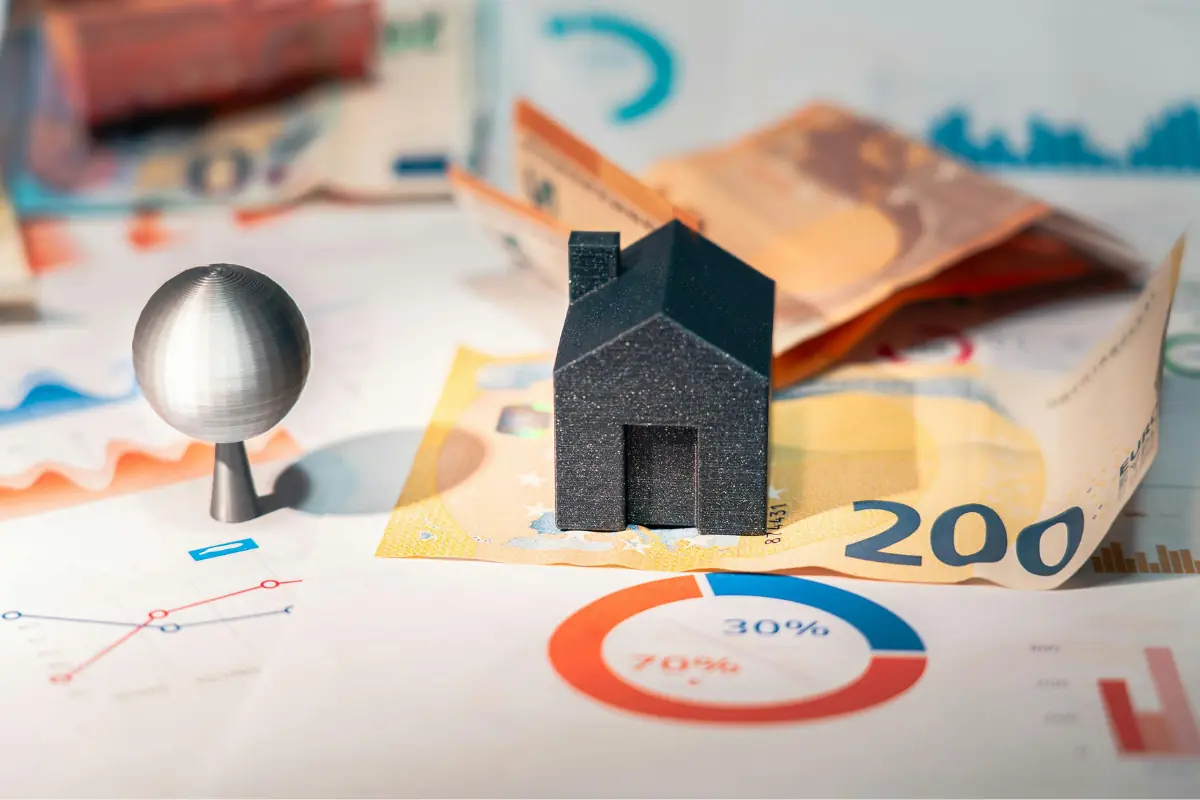
You have done everything you can to be a responsible homebuyer. You followed your mortgage broker‘s advice to not exceed your monthly budget. You found a house you can afford without stretching things too thin. Good for you; job well done. But now you need to budget for your home moving forward.
A home budget doesn’t rest entirely on monthly mortgage payments. After closing and moving in, the real fun begins. Now you need to pay for utilities, maintenance, and repairs. That says nothing of upgrades designed to make a house more comfortable and stylish.
As with anything else involving your budget, there are certain things you must pay for. You don’t have any choice. You need to pay for electricity and water, for example. Otherwise, you might just as well live in a tent in the middle of nowhere. The key to budgeting for your home after closing is to differentiate between what you need and what you want.
Start with the Basics
When you were working with your mortgage broker on your home loan, you had to figure out how much you could afford for a monthly mortgage payment. You and your broker calculated principal, interest, taxes, homeowners’ insurance, etc. None of the things you accounted for can be removed from the total cost of the loan.
Budgeting after the fact starts with the same principle. There are basics that you’re going to have to pay one way or another. They cannot be cut out. Electricity and water were already discussed. Are there other basics that are non-negotiable to you?
A lot of people consider broadband internet one of the basics. We can’t disagree. The world lives on the internet. If you don’t have broadband access in your home, it’s awfully tough to keep up.
Consider Maintenance and Repairs
After monthly mortgage payments and covering the basics, you can then move into maintenance and repairs. Long after you’ve closed on your home mortgage and moved in, maintenance will be part of your budget. Maintenance includes things like cutting the grass, shoveling the snow, replacing light bulbs, routine cleaning, and so forth. It all costs money.
As for repairs, we like to divide them into three categories:
- Minor – includes things like replacing broken windows and painting over damaged wallpaper.
- Major – includes things like replacing broken appliances and resurfacing the driveway.
- Mechanical – includes repairs to the HVAC, plumbing, roof, etc.
You can expect to have a certain amount of minor repair work to deal with every year. Major repairs are less frequent while mechanical repairs are even less frequent still. It is a smart idea to set aside a little bit every month to cover maintenance and repairs. If you don’t spend it, let it accumulate. The more money you can save, the more you’ll have on hand should you ever need to make a major or mechanical repair.
Then There Are Upgrades
Last but not least are upgrades. Every homeowner does them. Upgrades are things that are not essential to a home’s function; they just make it more comfortable or up to date in terms of style. Do not get caught in the trap of spending so much on upgrades that you stretch your budget to the limit. It is far better to spread upgrades out over many years to keep them affordable.
Budgeting for a home does not begin and end with mortgage payments. There are tons of other expenses that come with homeownership. Being a responsible homeowner means working them all into the budget so that you can afford to stay in your home and enjoy it.
If you’re a new or existing homeowner that’s looking for help securing financing for your home, we’re fully equipped and happy to help over here at Mortgage Maestro. As a Colorado mortgage broker, we know the ins and outs of what it takes to get your home financed without the stress. Book a consultation or schedule a zoom meeting through our website.










